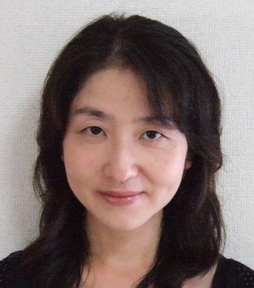
Kaoru Kurusu
Abe Fellowship 2019
Project Title
Research on UN Member States' Perceptions on Human Security in View of Exploring Possibility of Transnational Cooperation Institutional Affiliation (at time of award)
Professor, Graduate School of Law, Kobe University 